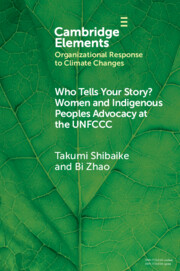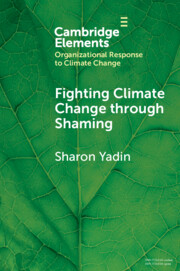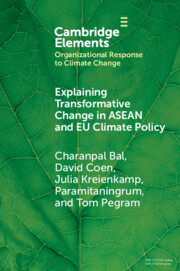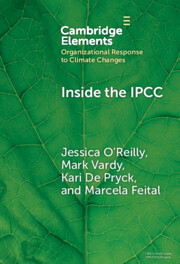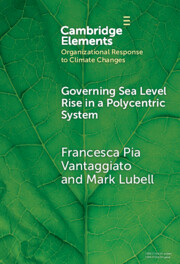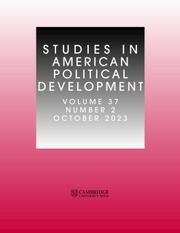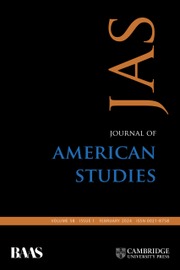Who Tells Your Story?
Thousands of civil society organizations (CSOs) attend the Conferences of the Parties (COPs) of the United Nations Framework Convention on Climate Change (UNFCCC) every year. Through their advocacy work, CSOs define and redefine what “climate change” is really about. The Element focuses on climate advocacy for women and Indigenous peoples (IPs), two prominent climate justice frames at the UNFCCC. Which CSOs advocate for women and IPs? How and why do CSOs adopt gender and Indigenous framing? Bridging the literature on framing strategy and organizational ecology, it presents two mechanisms by which CSOs adopt climate justice frames: self-representation and surrogate-representation. The Element demonstrates that, while gender advocacy is developed primarily by women's CSOs, IPs advocacy is developed by a variety of CSOs beyond IPs organizations. It suggests that these different patterns of frame development may have long-term consequences for how we think about climate change in relation to gender and IPs.
Product details
February 2025Paperback
9781009472890
96 pages
229 × 152 × 5 mm
0.169kg
Not yet published - available from February 2025
Table of Contents
- 1. Introduction
- 2. Theoretical framework
- 3. The analysis of CSO framing efforts on social media
- 4. The analysis of women and indigenous peoples advocacy
- 5. Conclusion
- Appendix
- References.

